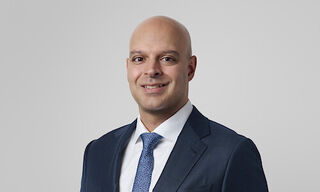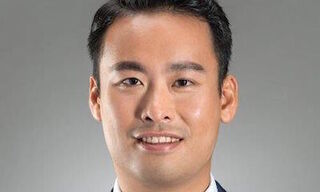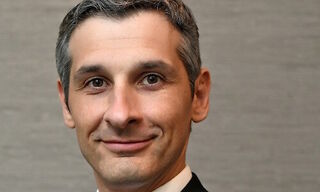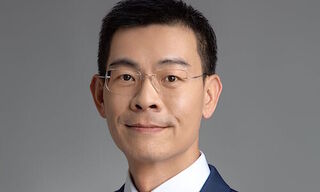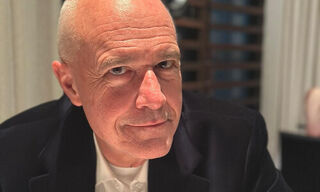Hong Kong is looking to enact the controversial Article 23. Local journalists as well as foreign diplomats expressed concerns about the impact on issues such as free speech.
Last Wednesday, Hong Kong completed its one-month public consultation period regarding the enactment of «Article 23» of the city’s constitution. The article stipulates that the local government shall enact laws to prohibit acts of treason, secession, sedition and subversion against Beijing.
According to an «RTHK» report citing a National People’s Congress spokesperson on Monday, Article 23 would safeguard the interests of residents and global investors in Hong Kong. But elsewhere, there were concerns about the potential negative impact of the controversial legislation.
Free Press Concerns
In a survey of 160 member respondents (in the Chinese language) by the Hong Kong Journalists Association (HKJA), 100 percent said that the security law would have a «negative impact» on press freedom in the city with 90 percent describing the potential effect as «significant». In a statement, HKJA added that there were members who described the legislation as «another nail in the coffin of Hong Kong’s freedom of speech».
The Foreign Correspondents' Club Hong Kong (FCC) echoed the concerns in a three-page letter to the Security Bureau. It noted that it was «paramount» to add a public interest defense clause in the legislation as it was «almost impossible» for the media to judge if an act endangered national security or was merely legitimate journalism.
Diplomats Respond
Outside of Hong Kong, officials from the US, UK and Australia also issued statements expressing concerns. The US State Department said it was worried about Article 23 being applied extraterritorially to «intimidate and restrict the free speech of US citizens and residents». The Australian government noted the risk of «further the erosion of rights and freedoms».
«Legislative proposals announced on 30 January […] will have a negative impact on the people of Hong Kong in the exercise of their rights and freedoms,» said UK foreign secretary David Cameron, highlighting concerns such as toughening of speech crime penalties, challenges to the work of international organizations in the city, lack of clarity on procedures governing detention without charge and more.





















